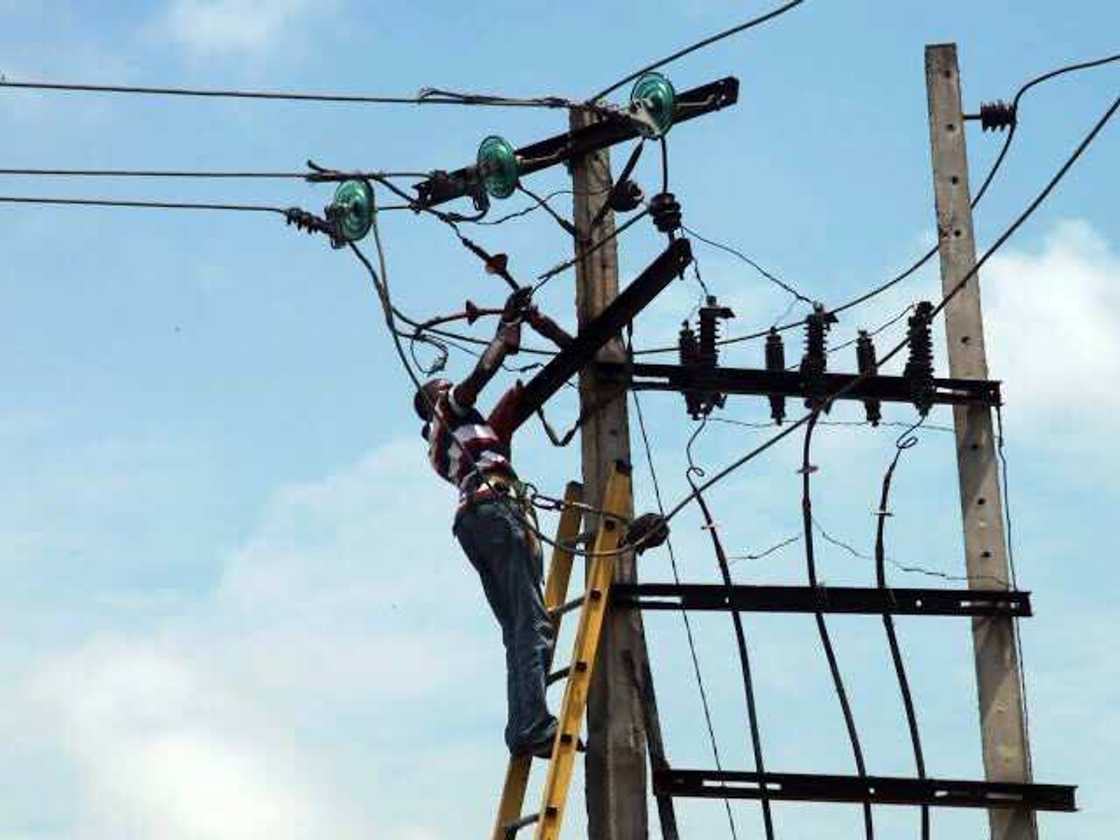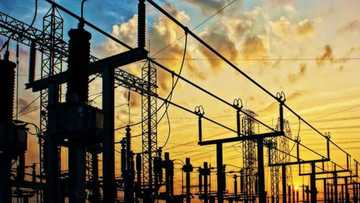Despite an Unreliable Power Supply, the Nigerian govt says Exporting Electricity to Benin, Niger strategic
- Nigeria continues to sell electricity to neigbouring countries despite many Nigerian homes not having access to power
- Recently, Nigeria electricity generation collapsed to 3,876MW, its lowest level in months and has remained below 5,000mw when the country needs over 28,000mw
- According to the Nigerian Electricity Regulatory Commission (NERC), Nigeria has a total of 8, 310,408 registered active electricity customers
PAY ATTENTION: Сheck out news that is picked exactly for YOU ➡️ find the “Recommended for you” block on the home page and enjoy!
The Nigerian Bulk Electricity Trading (NBET) says the country sells 6 percent of electricity generated to neighbouring countries.
Nnaemeka Ewelukwa, managing director, NBET disclosed this when he appeared before the house of representatives committee on finance but assured that selling electricity when the country doesn't have enough is strategic.
Ewelukwa was responding to questions of why Nigeria sells electricity to other nations when the country does not have enough for its populace.

Source: Twitter
Ewelukwa said:
PAY ATTENTION: Follow us on Instagram - get the most important news directly in your favourite app!
“Nigeria sells electricity to Niger Republic and Benin Republic. Those transactions of recent have been more driven by specific generation companies like NDPHC.
“At the heart of the transactions is the issue of the damming of the river. We have dammed the river and if we don’t provide electricity to countries that are upstream on the river, they can also build their dams which will create a major crisis for the country.
“So there is a strategic reason. If they are able to dam the river upstream, we are in trouble.”
Ewelukwa added that the federal government is working on structures that will enhance power distribution in the country.
“Most of the power generation companies are located within the south-south and south-west largely because of gas with one in the south-east, of course, we have the hydros in Niger state,” he said.
“The issue of evacuation is something that is at the heart of the priority of the government. At the moment, the contracted capacity is about 14,000 megawatts; out of that 14,000 megawatts, what is available in terms of what the generation companies are capable of producing is around 7,600 megawatts.
“Because of the different constraints within the system at either transmission or distribution level, that 7,600 is not fully available. What you have available on a given day is about 4,000 to 5,000 megawatts.
“To address this gap between what is available and what the system can currently carry; there are a number of intervention projects that the government is currently pursuing, that include the presidential power initiatives in partnership with Siemens."
Nigerians are not paying enough for electricity
The electricity tariff in Nigeria is low in the country, and this is affecting President Muhammadu Buhari's administration.
The World Bank said the Nigerian government is spending too much on electricity, as the citizens pay less for power supply.
Bretton Woods says the richest people in Nigeria are benefiting from the low tariffs within the country, with the poorest experiencing the least.
Source: Legit.ng




